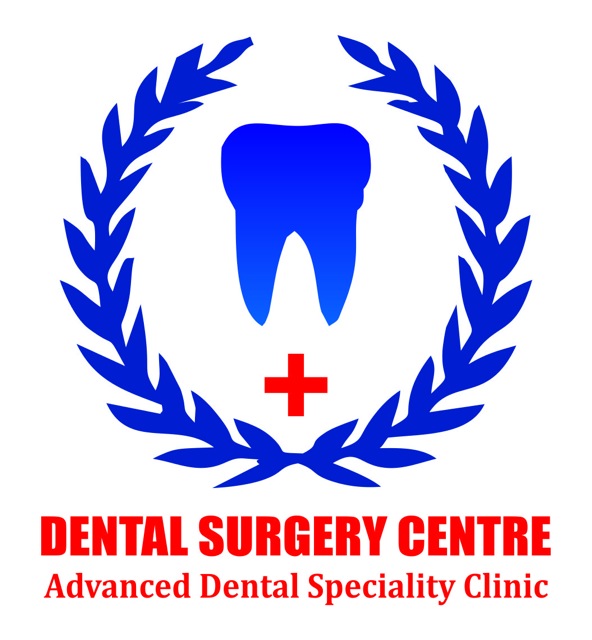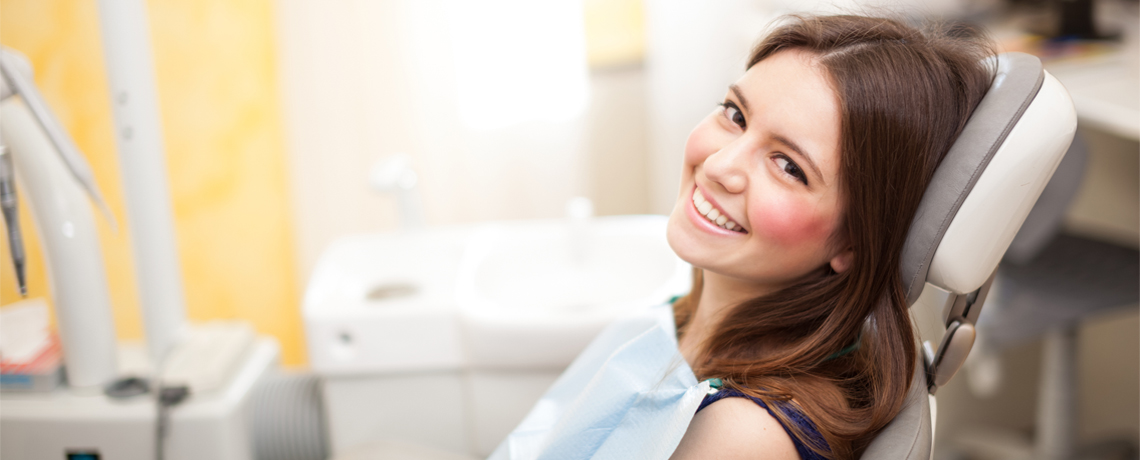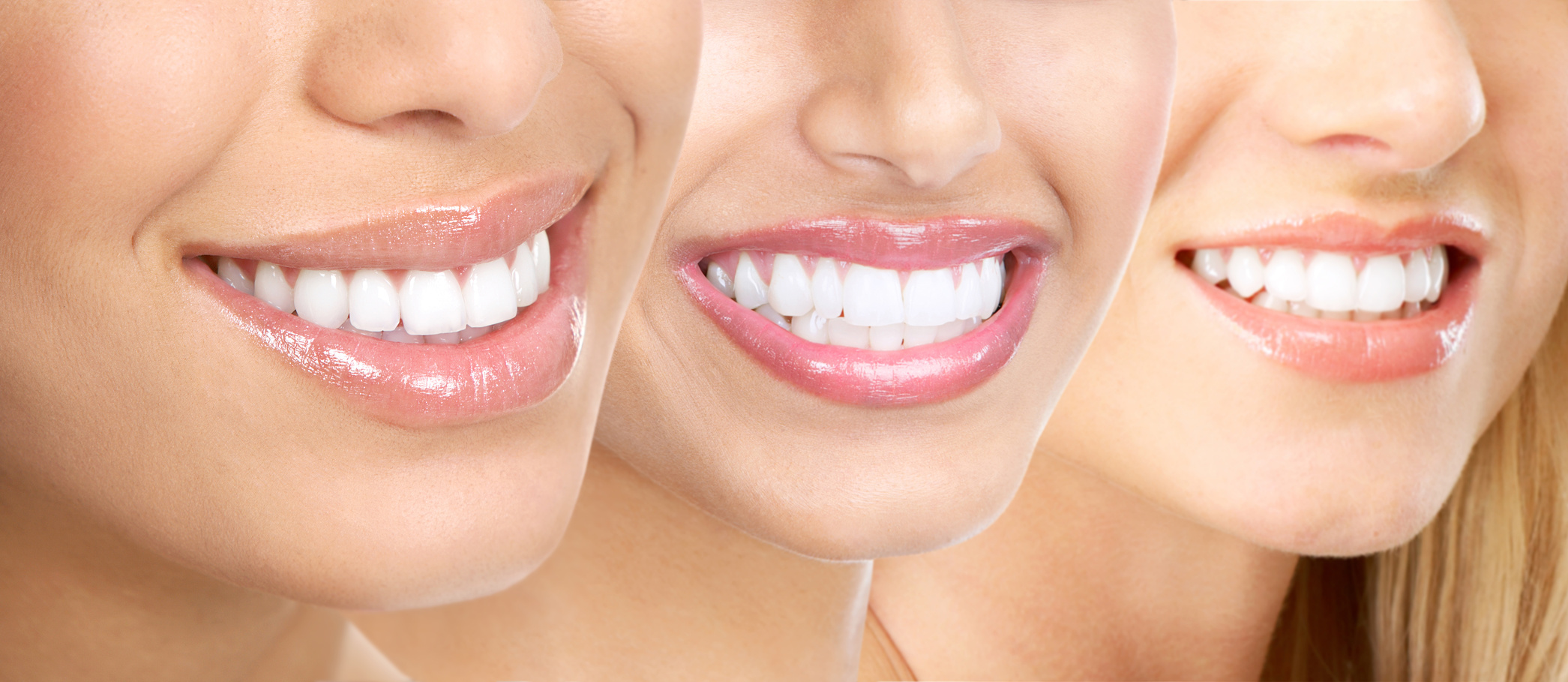IMPLANTS PERMITTING FIXATION OF TEETH WITHIN 3DAYS!
Here are a few advantages of the immediate loading implants:IMPLANTS PERMITTING FIXATION OF TEETH WITHIN 3DAYS!
* Fast recovery of masticatory function (no teeth to fixed teeth in 72 hrs.)
* Immediate recovery of aesthetics
* No intermediary removable dentures
* Protection of soft tissues around implants from unfavourable masticatory trauma thereby aiding rapid healing
* Mostly done employing minimally invasive “Key-hole” implant techniques facilitating super-fast recovery.
* Minimum bone loss
* Favorable bone formation / mineralization around implants
* No need for bone augmentation procedures / sinus lifts etc. The varied designs available under immediate loading protocols permit choosing specific implant designs for each bone situation. Whereas, with conventional implants, the bone needs to be modified to suit them through cumbersome bone augmentation procedures.
* Peri-implantitis… the most dreaded condition leading to failure of implants… is nearly eliminated due to the advanced “no-itis” surfaces employed in these implants
* Immediate load basal implants can be employed even in “little or no-bone” situations employing techniques such as tubero-pterygoid engagement, zygmoatic bone engagement and inferior alveolar nerve bypass.
* Cost Savings
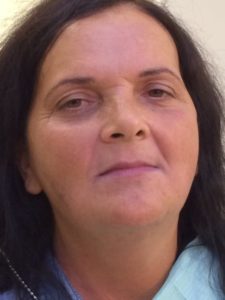
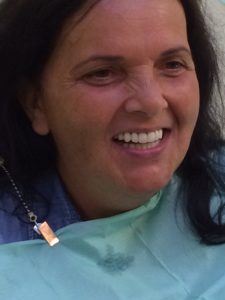
Implants for everybody
IMPLANTS PERMITTING FIXATION OF TEETH WITHIN 3DAYS!
In the early days of implantology mainly members of the implantologists family and a few rich people received implants. Implants were exotic, and available only in a few places in the world. Prof. L. Linkow (New York), the motor of modern implantology, placed his first (subperiosteal) implant 6 weeks after leaving the university in 1956. He continued working and inventing and teaching for more than 4 decades. On the other side of the atlantic ocean, the University of Zurich was condemning dental implants until 1986. The protagonists in this institution were 30 years behind (and they probably still are).
Dental implantology was for many years available only for people at the top of the pyramid. It was expensive. This fact was partly the result of a lack of exchange of knowledge between the countries: practitioners who “knew” could not work in other countries: they needed licenses and language skills and the will to roam.
Another reason why not everyone can get implants until today is rigidness of science. Universities are no longer the promotors of inventions and the origin of “the future”. Our modern Universities have turned to be the preservers of the past and the antiques.
In western countries health insurances were another obstacle to progress: modern therapies were not refunded and treatments in foreign countries were excluded as well. This has kept patients dependent on local treatment providers and their skills.
What has changed however, is the customer, – the patient. Patients became mobile and they are getting well informed through the internet. They decide about the therapy and they seek actively the best for them. The modern patient does not rely on the advice of “his” doctor, he decides for himselve and he strips of the ties created by the preservers of science, he doesn’t respect political borders, not regulations of his health insurance. As both travelling and implantology has become cheaper in relationship to the average income, much more patients can afford implants,- at least in foreign countries.
But all this is only a step in the right direction: implantology will ultimately reach to bottom of the pyramid,- the tremendously big market. On the way to this aim, conventional dental implantology will definitely loose the race. Those who live on the bottom of the pyramid cannot come to regular recall sessions. They cannot start lengthy and expensive bone buildup procedures: if these co-livers on the planet of ours have the dollar, they have and want to spend it, and they must get results right away.
Their common sense will decide for a treatment option, which offers:
- Implant treatment without any bone augmentation
- Implant treatment without any waiting periods
- Implant treatment without complex, multiple re-entry procedures
- Implant treatment for patients with critical general conditions and diseases
- Implant treatment for patients which have lost implants before (but not the hope for treatment)
- Implant treatment for smokers and drug-addicts
What once was a vision has become reality. More and more dentists in many countries have come to believe in the right way, finding the right treatment for their patients. The community of basal implantologists is growing and flourishing.
